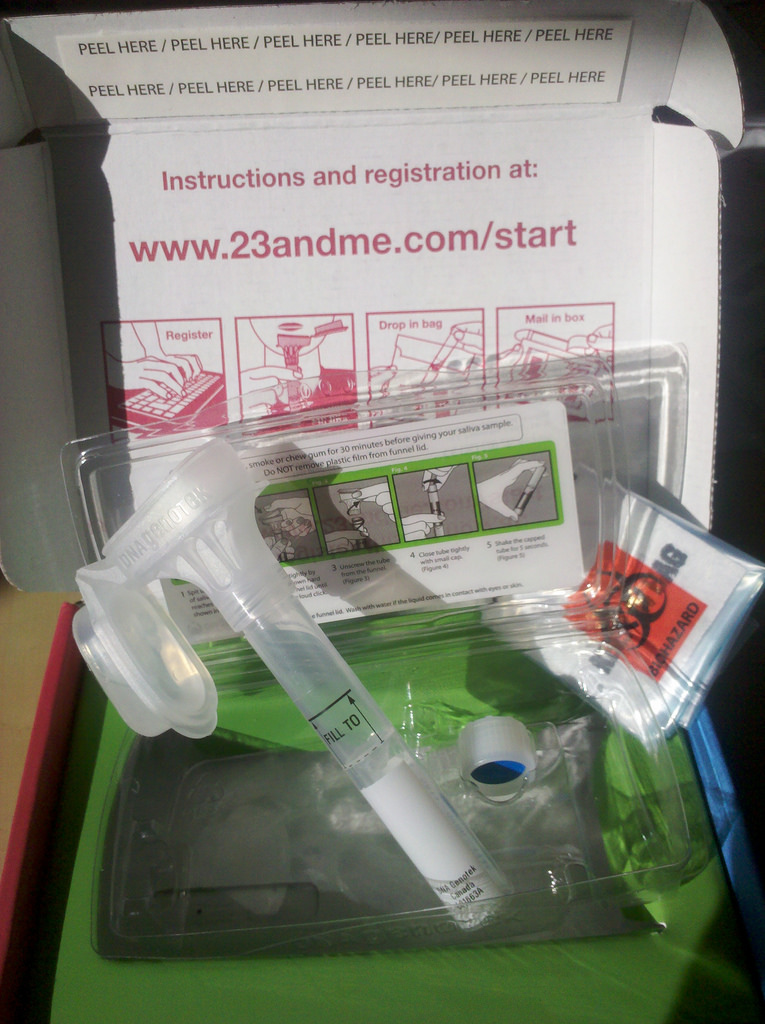The FDA’s 23andMe decision will also change the rules for all at-home medical genetic testing
By Dave Gershgorn,
Quartz
| 04. 10. 2017
Doctors are losing their role as the gatekeeper of our health information, for better or worse.
Last week, the US Food and Drug Administration made a surprise announcement giving genetic testing company 23andMe clearance to sell a service that gives customers a risk analysis for 10 genetically linked diseases. It reverses a 2013 decision that cited concerns that inaccurate testing results—and potential customer misinterpretation—made for a public health threat, and builds on a 2015 agreement between the FDA and 23andMe that allowed the company to offer a test that told customers of their “carrier status” of genetic markers for certain diseases—but not assess their actual risk. This latest decision means 23andMe will again be able to provide specific risk analyses to customers, and perhaps more importantly, throws the door wide open to dozens of other companies to run out their own versions of at-home genetic risk-analysis products.
The disease risk that 23andMe offers isn’t a diagnosis; it just gives you your potential for elevated risk. For example, if a person inherited a copy of the ApoE4 gene variant from both...
Related Articles
By Pete Shanks
| 02.27.2026
Last month, we published “The Shameful Legacy of Tuskegee” which focused on a proposed experiment in Guinea-Bissau. The study’s plan echoed the notorious Tuskegee disaster, withholding safe, effective vaccines against hepatitis B from some newborns while inoculating others. It was to be financed by the U.S. but performed by a controversial Danish team. That project provoked a multi-national outcry, leading to a remarkable response from the World Health Organization:
WHO has significant concerns regarding the study’s scientific...
By Jenn White, NPR | 02.26.2026
By Kiana Jackson and Shannon Stubblefield, New Disabled South | 02.09.2026
"MC0_8230" via Wikimedia Commons licensed under CC by 2.0
This report documents a deliberate assault on disabled people in the United States. Not an accident. Not a series of bureaucratic missteps. An assault that has been coordinated across agencies...
By Scott Solomon, The MIT Press Reader | 02.12.2026
Chris Mason is a man in a hurry.
“Sometimes walking from the subway to the lab takes too long, so I’ll start running,” he told me over breakfast at a bistro near his home in Brooklyn on a crisp...




